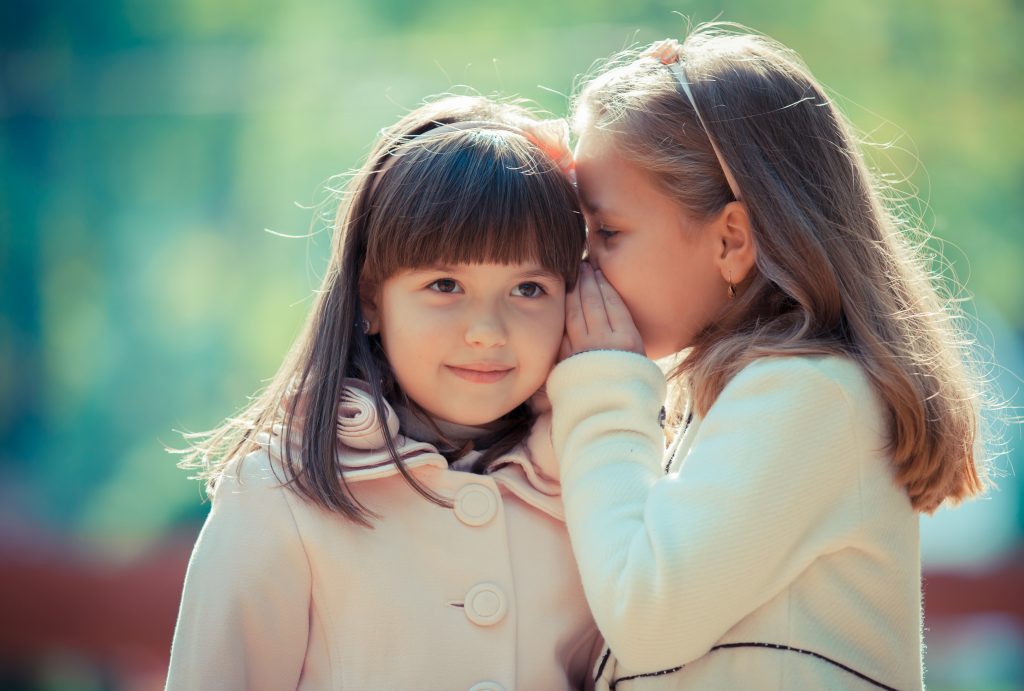Her Success Is Not Your Failure

There was this unforgettable quote on Facebook a few months ago which really resonated with me, especially as parent. The quote was, ‘Her Success Is Not Your Failure.’
I especially couldn’t wait to share this with my daughter, who has a Type A personality and, for some reason, feels the need to be the best at everything. Of course, she is not the best at everything. And she knows she can’t be the best at everything.
But in a world where—let’s be honest—it really does seem like every child excels at something, thanks to Facebook, YouTube, and numerous variety shows dedicated to showcasing extremely talented children around the world, we almost have no choice but to learn, and especially teach, our children that other children’s successes are not your failures.
It’s probably one of the most needed lessons us parents can pass on, not only to our children, but, also to ourselves, as modern-day parents.
From the moment our children are born, we are almost forced into an unwritten competition with other mothers, when we see that their children start to walk before ours, speak before ours, or write their own names before ours.
But as they get older, and our children find their niche in something they love, as modern parents, we go all out to support their endeavors, finding the best coaches, or the best schools, or the best instructors.
I 100% support my friends’ children’s accomplishments, by sharing their posts if their child won an award, or liking their videos on Youtube, clicking ‘love’ on a photo, as well as complimenting in comment sections. In person, I’m more than happy to watch videos my friends thrust in my face on their phones of their talented children dancing, playing rugby, singing.
Why? Because I AM truly proud of my friends’ children.
I think it’s extremely important to not only support your own children’s achievements (duh!) but also your friends’ children.
For some mothers, this seems like a hard thing to do. I hate to make a sweeping generalization, but it seems females are always much more competitive with each other than males are with one another. Maybe men just hide it better?
I know mothers who are very competitive, comparing their children versus their friends’ children. You probably know at least one of these mothers, who, when you’re talking with them, may stick in a jab, while discussing a mother whose child has accomplished a great feat, or has thousands of YouTube followers, or won even something as silly as Best Camper Award.
I know in the back of these mother’s minds, and sometimes by their words, they believe their child is more talented, more deserving of recognition—and they don’t understand why their friends’ children have reached greater heights compared to their own children, even though, in reality, their own child is also extremely talented.
I have many friends—actually most of my friends—who have children who excel at something, be it singing, gymnastics, dancing, playing an instrument, or any other number of activities.
I am the first to ‘like’ my (actual) and (virtual) friends’ posts of their children singing or dancing or winning a trophy. But I’m not Mother Theresa. I am human. I will admit there IS a slight pang when I see a video or post of a friend’s young daughter, singing as if they should have won The Voice, they are THAT talented.
But it’s not a pang of jealousy. It’s more a pang of, ‘Hmmm. Should my daughter be at that level? Should I have put her in lessons so that she could do crazy Olympic gymnast flips? Should I sign her up for more acting lessons?’ It’s a fleeting feeling, for sure. But it is there.
But my daughter has her own talents, and maybe other mothers are slightly jealous of my daughter, let’s say, when she wins a ski race. I’m hoping they are happy for me, even though my daughter’s successes don’t REALLY have anything to do with me, except that I post them. My daughter, in fact, has no clue that I even do this.
Still, in a world full of amazingly talented children, who are all over the Internet, who we now see everywhere, teaching your children that another person’s success doesn’t make you a failure is also a great lesson for parents as well. Let’s be honest. Do you get a tad envious when you see your friends’ children soaring? Do you worry that your child should be more talented like your friend’s child?
It’s not taking the higher road. It’s simply called being a good friend, another lesson modern day children need to learn. As adults, we already know (or you should know!) there is always going to be someone prettier, someone with more talent, someone smarter. Yet it’s a lesson that children need to learn very early these days. And that is not a bad thing.













